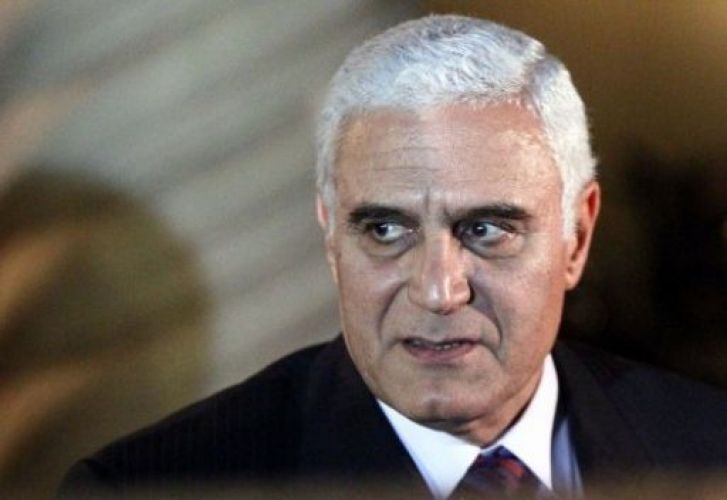Egypt’s fuel consumption has been reduced from 182 grams per kilowatt-hour (g/kWh) to 171 g/kWh, resulting in monthly savings of EGP 1.2bn, according to the Minister of Electricity and Renewable Energy, Mahmoud Essmat.
Speaking at the opening of the Energy Transformation and Sustainable Development Conference on behalf of Prime Minister Mostafa Madbouly, Essmat said that Egypt is committed to a sustainable energy future, with a focus on increasing reliance on renewable energy sources while decreasing dependence on traditional fossil fuels.
The Minister highlighted ongoing efforts to integrate renewable energy capacity and battery storage systems into the national grid. This initiative is being pursued in close collaboration with the private sector. He also noted that fuel consumption has been reduced from 182 grams per kilowatt-hour (g/kWh) to 171 g/kWh, resulting in monthly savings of 1.2 billion Egyptian pounds.
The Ministry is actively implementing a strategy, with concrete action plans, aimed at maximizing the utilization of renewable energy resources. This strategy targets a 42% renewable energy contribution to the overall energy mix by 2030, and 60% by 2040. These targets will be achieved through partnerships with the private sector. Minister Essmat stressed the government’s support for local manufacturing, particularly in electrical equipment related to renewable energy. This includes the localisation of modern technologies to enhance energy efficiency, minimise losses, and elevate the quality of locally produced goods to ensure their competitiveness in the global marketplace. He added that this vision is supported by the political leadership.

President Abdel Fattah Al-Sisi has focused on the expansion of renewable energy projects and their increased role in the national energy mix. According to Essmat, this reduces the burden on traditional fuels, eases pressure on foreign currency reserves, and curtails carbon emissions. Addressing the conference, which was held by the Al-Ahram Foundation, Essmat stressed the significance of the gathering, given its focus on the link between energy and development. The conference’s theme, “Energy Transformation and Development,” will explore the present and future vision, strategies, and action plans of the electricity and renewable energy sector.
Essmat also reaffirmed the state’s dedication to the peaceful applications of nuclear energy, which is viewed as a crucial element in realising Egypt’s 2030 Vision. He cited the Dabaa Nuclear Power Plant as an example of a strategic national project contributing to sustainable development. He said it would also help meet the growing demand for electricity and bolster energy security.
The Minister detailed efforts to stabilise the grid, which now involves remote monitoring and control, marking the transition to a smart grid. He reiterated the commitment to sustainability through reducing reliance on traditional energy sources, incorporating renewable energy capacity, and integrating battery storage through public-private partnerships. The success of these measures has already led to a decrease in fuel consumption to 171 grams/kWh, yielding monthly savings of 1.2 billion Egyptian pounds.
He highlighted the importance of electrical interconnection projects, citing existing links with Jordan, Sudan, and Libya, as well as the interconnection with Saudi Arabia, which allows for the exchange of up to 3,000 megawatts, capitalising on varying peak demand periods. The interconnection with Italy and Greece will establish Egypt as an essential energy bridge between Africa and Europe. He emphasised that the private sector is a key partner in electricity projects, highlighting measures to encourage their participation, which has already attracted both local and foreign investors.
Furthermore, Essmat outlined the sector’s plan to ensure operational quality and efficiency through the management ofresources, maximising returns, and improving the quality and sustainability of the electrical supply. This involves reducing technical and commercial losses, improving performance, ensuring adequate electrical services, and tackling electricity theft.
Essmat concluded that the time has come for private investment to play its proper role in both electricity generation and distribution. The sector is working to expedite the separation of the Egyptian Electricity Transmission Company to function as a grid operator, in accordance with economic and environmental standards. These standards, he said, will protect the interests of both electricity producers and consumers, while ensuring efficiency and stability, operating under clearly defined guidelines aligned with the nation’s policy objectives. He also emphasised the importance of knowledge sharing, capacity building, and training for personnel in order to improve overall efficiency and productivity.




